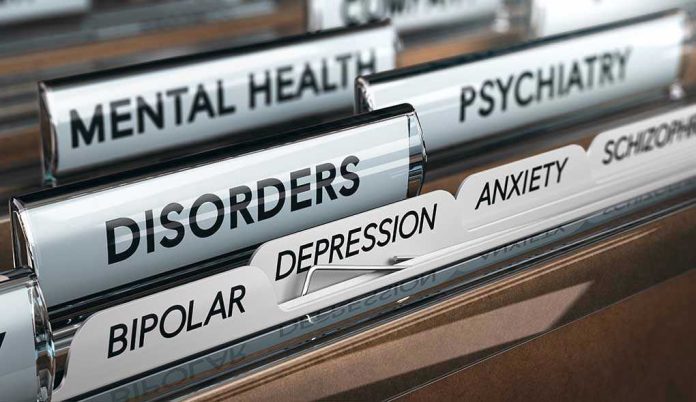
What if your deepest, most private therapy session could be stored, scrutinized, or even used against you—simply because you confided in an AI instead of a human being?
At a Glance
- ChatGPT has exploded as a substitute therapist, with 4.7 billion monthly visits in early 2025.
- Unlike real therapists, your conversations with ChatGPT lack legal privacy protections.
- Legal challenges are underway over the indefinite retention of ChatGPT user logs.
- Mental health experts warn that AI cannot match the empathy or expertise of human therapists.
Therapy Sessions Go Digital—and Privacy Takes a Back Seat
Americans are turning to ChatGPT in record numbers for mental health support, lured by the convenience and the price tag—free. OpenAI’s chatbot, once a quirky tool for writing emails, has become a digital confidant for millions who can’t or won’t fork over hundreds for a real therapist. But here’s the kicker: when you pour your heart out to a flesh-and-blood therapist, the law says that conversation is confidential. When you do it with ChatGPT, you’re not just talking to a computer—you’re leaving a transcript that can be stored, analyzed, or even subpoenaed, with zero legal protection for your privacy. And if you think the government or Big Tech has your back, think again.
Sam Altman says your ChatGPT therapy session might not stay private in a lawsuit https://t.co/SlRYehoIU9
— Insider (@thisisinsider) July 25, 2025
Sam Altman, CEO of OpenAI, has himself sounded the alarm, admitting that “therapy” chats with ChatGPT aren’t shielded by the same privacy protections as human therapy sessions. That means your most vulnerable moments could wind up in the hands of data analysts, lawyers, or—who knows—some agency with three letters that’s all too interested in your personal life. Meanwhile, legal battles are raging over whether those conversations should be stored forever, with OpenAI fighting tooth and nail against demands to keep user logs indefinitely. It’s a privacy nightmare tailor-made for our era of government overreach and tech arrogance.
Legal Protections: Humans Get Them, AI Users Don’t
In a country where your constitutional rights are supposed to matter, the lack of legal privacy for AI therapy is a slap in the face. Human therapists are bound by strict confidentiality—break that, and they risk losing their license, their reputation, and their livelihood. Not so with ChatGPT. There’s no therapist-patient privilege, no ironclad privacy guarantee—just a wall of legalese that boils down to “use at your own risk.” Altman and OpenAI have publicly warned users not to treat ChatGPT as a replacement for professional help, but millions ignore those warnings every month, desperate for someone—or something—that will just listen.
Mental health professionals are ringing the alarm bells, warning that AI can’t possibly understand the depth or complexity of human suffering. Real therapists can catch subtle cues, recognize patterns of self-harm or suicidal ideation, and intervene when someone’s at risk. ChatGPT? It’s a language model, not a lifeline. And if something goes wrong, you won’t be suing an algorithm for malpractice. In the rush to digitize every aspect of life, we’re trading away privacy, accountability, and basic common sense for the illusion of convenience and accessibility.
Convenience or Catastrophe? The Risks of AI “Therapy”
While some users claim ChatGPT offers real comfort, research shows human therapists are far more effective at delivering actual treatment. A recent study compared cognitive behavioral therapy delivered by AI and by licensed professionals, and the humans won—by a mile. Yet the stampede to replace expensive, hard-to-find therapists with an always-on chatbot continues, especially among younger adults who have grown up trusting their most personal secrets to digital platforms.
The costs of this experiment could be catastrophic. If private conversations are logged and stored, what happens when a hacker—or a government agency—decides to take a peek? What protections do you have when your deepest struggles are just another data point in a tech company’s cloud? And as government and tech companies grow ever more intertwined, with a history of overreach that would make your Founding Fathers roll over in their graves, the risks only multiply.
Sources:
AI isn’t ready to be your therapist, but it’s a top reason people use it
AI therapy: ChatGPT, Character.AI, psychology, and psychiatry
New research: Human vs. ChatGPT therapists













